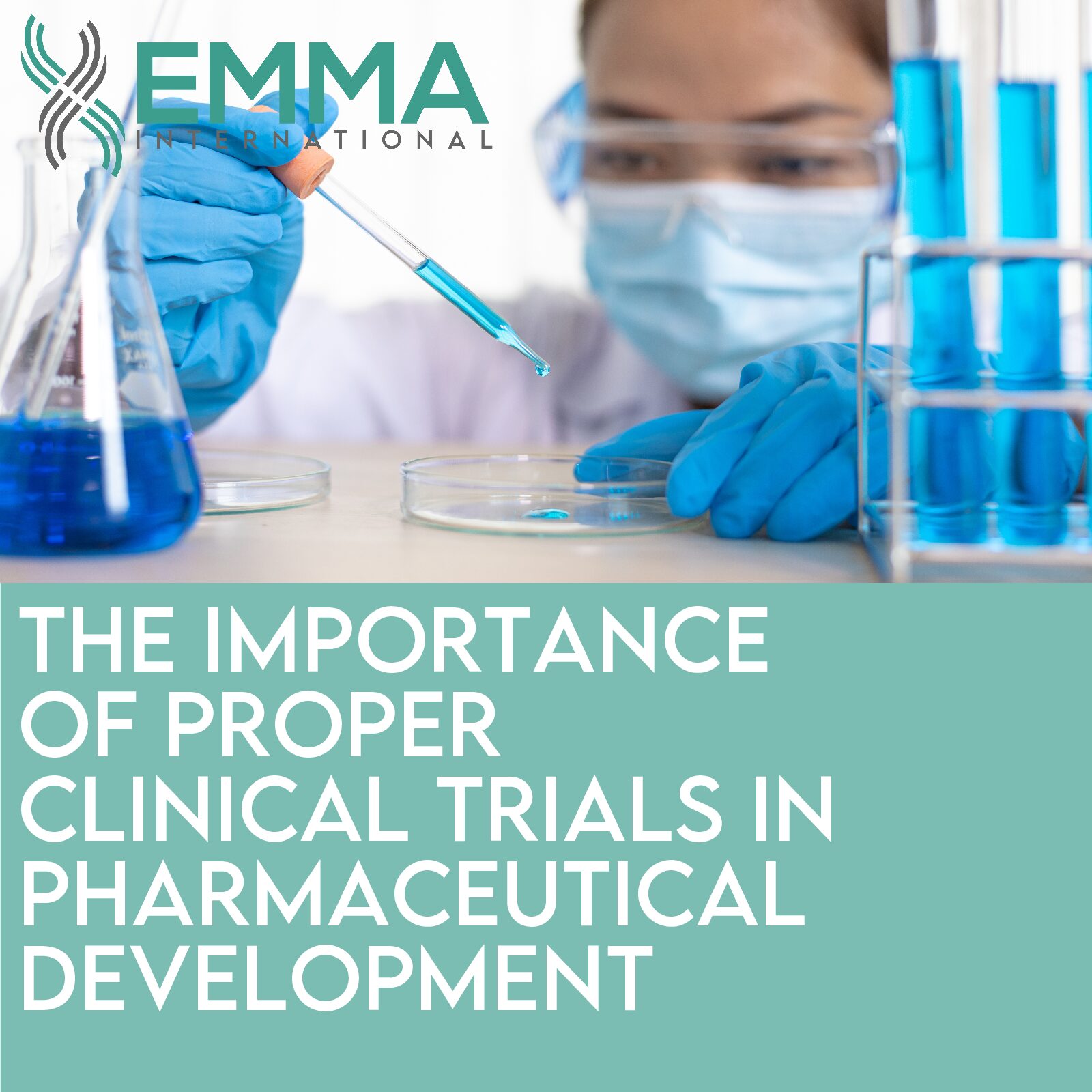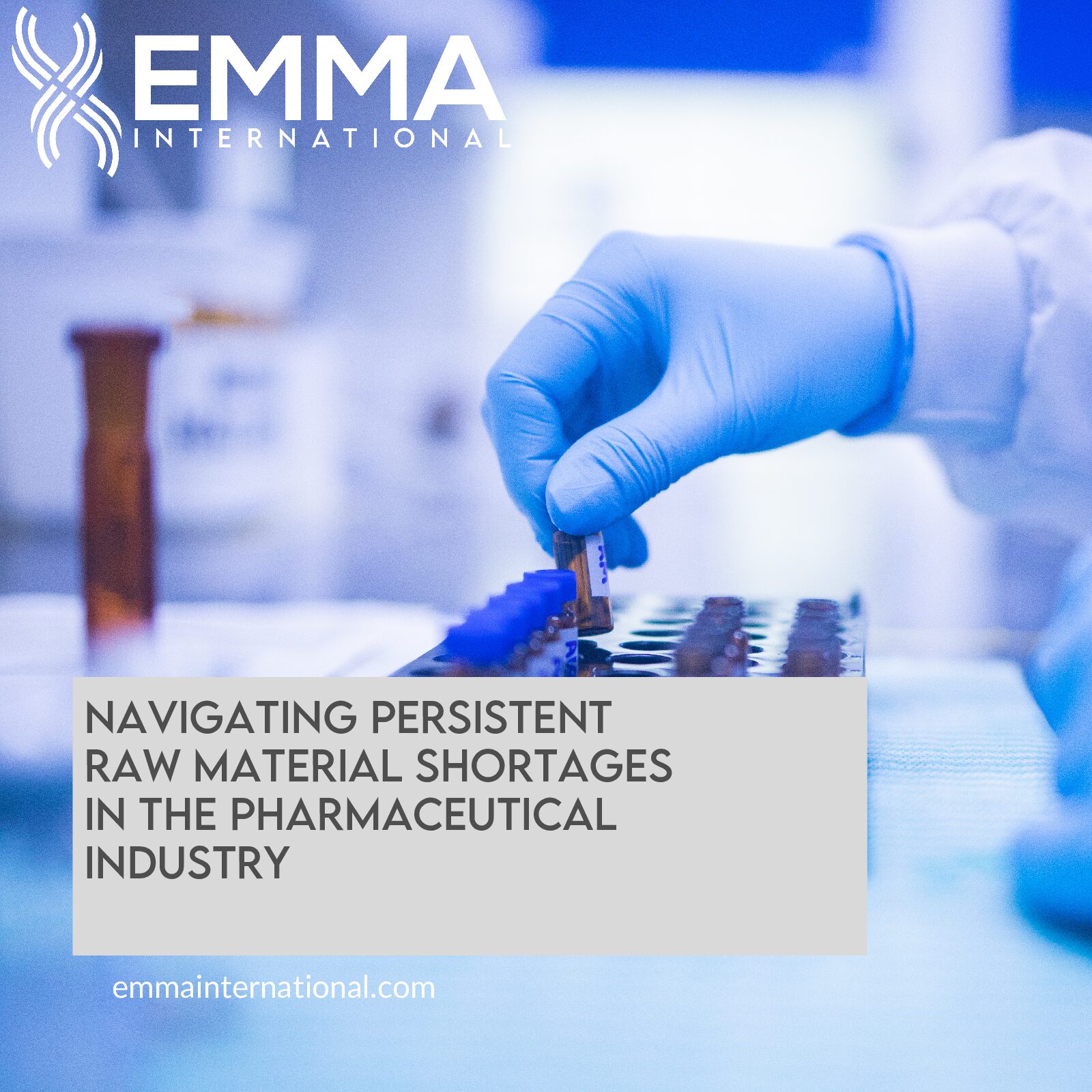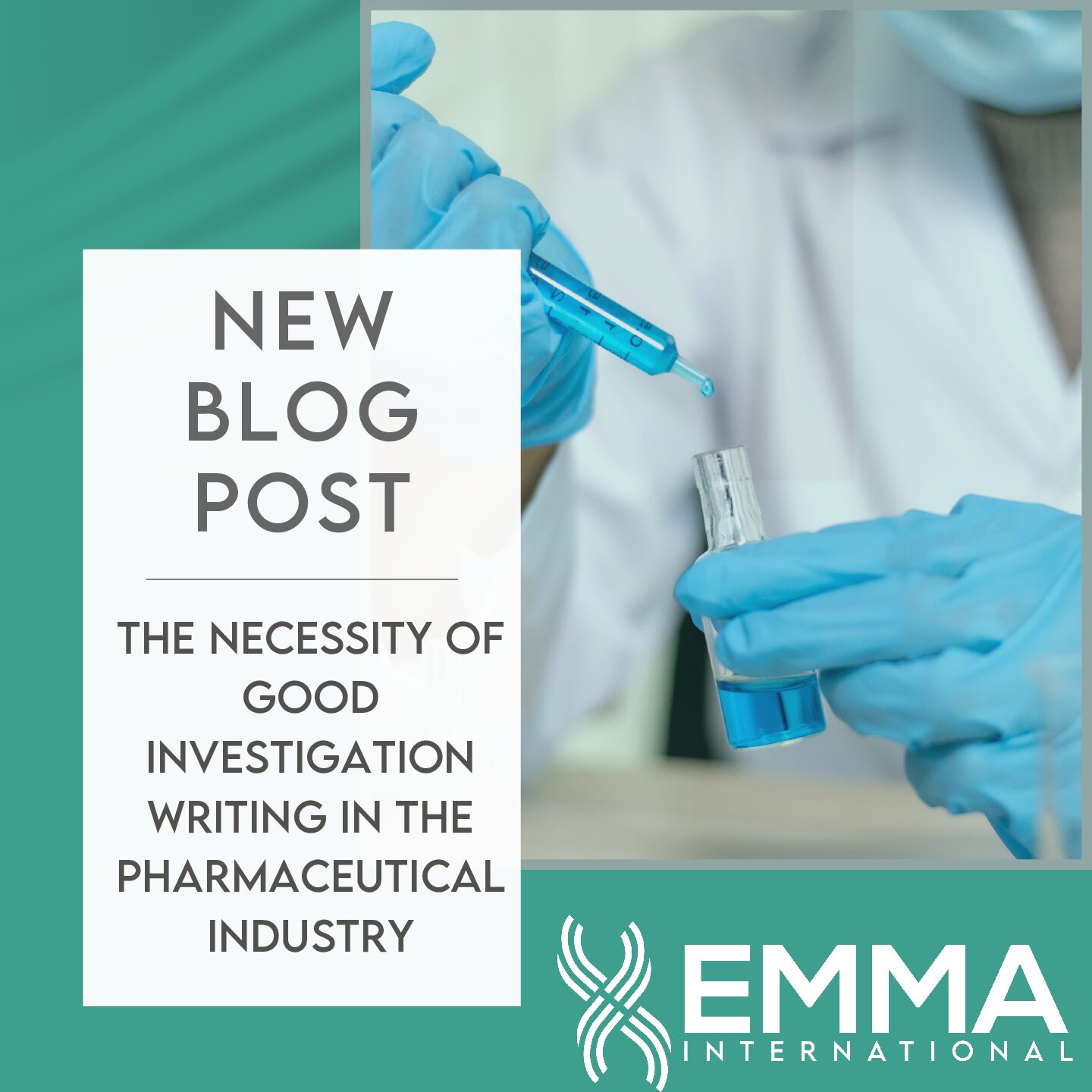The FDA defines validation as a process required to establish documented evidence that provides a high degree of confidence that a specific system, equipment, computer system, or method will consistently meet the requirements and its intended use. Validation is a regulatory requirement for the life sciences industry across the world. In addition to enabling life sciences to comply with regulatory requirements, validation offers many advantages to businesses.
Analytical validation is used to verify that the selected analytical procedure will give you reliable, adequate results for their intended purpose. It will ensure repeatability and duplicability within the testing methods to ensure your test results accurately represent the product.
Process validation demonstrates and documents with a high degree of certainty that the process will reliably produce a product within the predetermined quality specifications. This type of validation also assures the repeatability of the process; by undergoing a comprehensive process validation before product distribution, the risk of manufacturing problems decreases, which increases the output and the product quality.
Retrospective validation techniques are very effective and are vital components of a product recall process. It is a process validation of a product already in circulation based on accumulated production testing and control data. Root cause analysis is also a technique of validation. The structure and rigor demanded of the validation process usually help with the recall’s conclusion. Retrospective validation is a method that can be useful in determining a process failure.
Cleaning validation ensures that particular systems, equipment, or parts of the equipment are consistently cleaned to the previously determined acceptable limits. Adequate cleaning procedures play an essential role in preventing contamination leading to adulterated products.
Equipment validation is based on the principle that equipment must be designed, constructed, maintained, and adapted to perform specific operations. Since the equipment is a basic component of the life sciences, it becomes a primary issue to document evidence of equipment validation.
A comprehensive validation plan can have a positive impact on the business and the product itself. EMMA International has helped many clients with validation protocols and procedures as well as other quality management measures. If you need assistance with validation, quality, or regulatory compliance issues, contact EMMA International at 248-987-4497 or email us at info@emmainternational.com.





